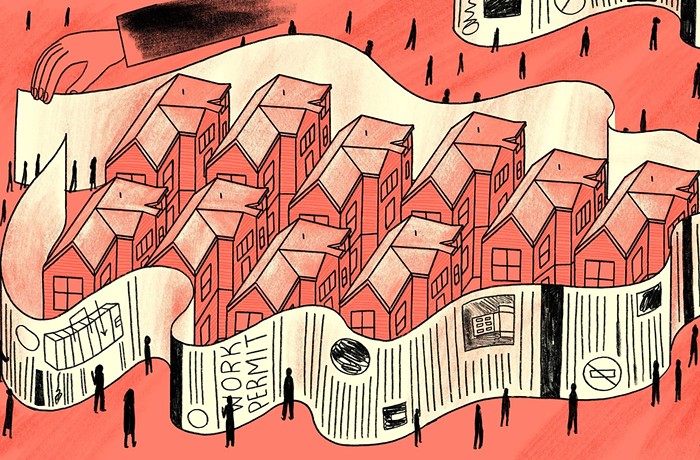
As small business owners in Seattle, we need Nikkita Oliver on Council.
We can all agree that small businesses are struggling in Seattle, as is the case across many major cities in the United States. We know this first hand. We are the owners of The Station, a coffee house that sits on the top of Beacon Hill.
As Black owners, we also can attest that those businesses owned by people of color, particularly Black and Indigenous owners, have been hit especially hard. Shutdowns and accompanying restrictions created incredible financial challenges this past year. And in the absence of sufficient and adequate community-based services, our businesses have become the de facto hubs of social support for our neighbors who aren’t accessing the mental health, social services, and housing they need to keep safe and stable in our communities. While we meet all of our neighbors with compassion and respect, as business owners and as baristas, we aren’t equipped to meet all of their needs, and in some cases we struggle to find the right response to their calls for help.
Nikkita is the only candidate who fundamentally understands that we need holistic solutions, not merely small business tax relief. They know that relying on police to address the gap in mental health services perpetuates harmful outcomes, and only serves as a disastrous band-aid for the problems we face.
Too many in our city are proposing illusory or overly simplistic solutions that won’t actually fix anything. Relief that targets us in isolation and not doing the work to actually address our homelessness and mental health crisis won’t make it easier to run our business. Repeated vandalism makes running a small business hard, but we also acknowledge that such actions are a symptom of an issue that we can’t fix with police, monthly window repairs, and most definitely not with the eco blocks Nikkita’s opponent barricaded her business with.
Nikkita presents intelligent and actionable solutions because they understand the root causes of the challenging dynamics playing out in our city. It is clear to us that the fix to these issues will require significant investments and commitment to long-term policy solutions. To get it right, we must commit to deeper structural changes and to build programs on a scale equal to the dimension of the problems our city faces.
For small businesses to thrive, we need all of our community members to be able to access what they need to be healthy. The root of the housing and homelessness crisis is economic, and it requires economic solutions that include much more affordable housing, permanent and supportive non-congregate shelter, and services.
The overlapping crises facing our communities do exacerbate behavioral health needs for both those living outside and those on the verge of losing their homes. And contrary to what many want to believe so they can keep the solutions simple, our community members aren’t “service resistant.” Rather, there is not enough treatment, services, or housing available on the scale required.
Nikkita understands that public safety is met through a holistic approach to infrastructure that can build a strong safety net for all of our community members. They acknowledge that infrastructure is more than roads and bridges. It is also childcare, municipal broadband, affordable housing, and accessible and comprehensive gender affirming health care.
And, yes, as Nikkita has proposed, specifically to grow small businesses we also need opportunities for small business incubation, access to affordable storefronts, technical support and capacity building.
All of these solutions need to be woven together, amplified to meet the need, and must be leveraged for long-term gains. As people who call Seattle home, we are committed not only to a thriving business community but to a better Seattle for our children and for our generations to come. This won’t happen overnight, but it will not happen at all if we do not have elected officials who are committed to a truly progressive Seattle, who invest in solutions built to the scale of the problems before us, and who are willing to walk their talk.


















